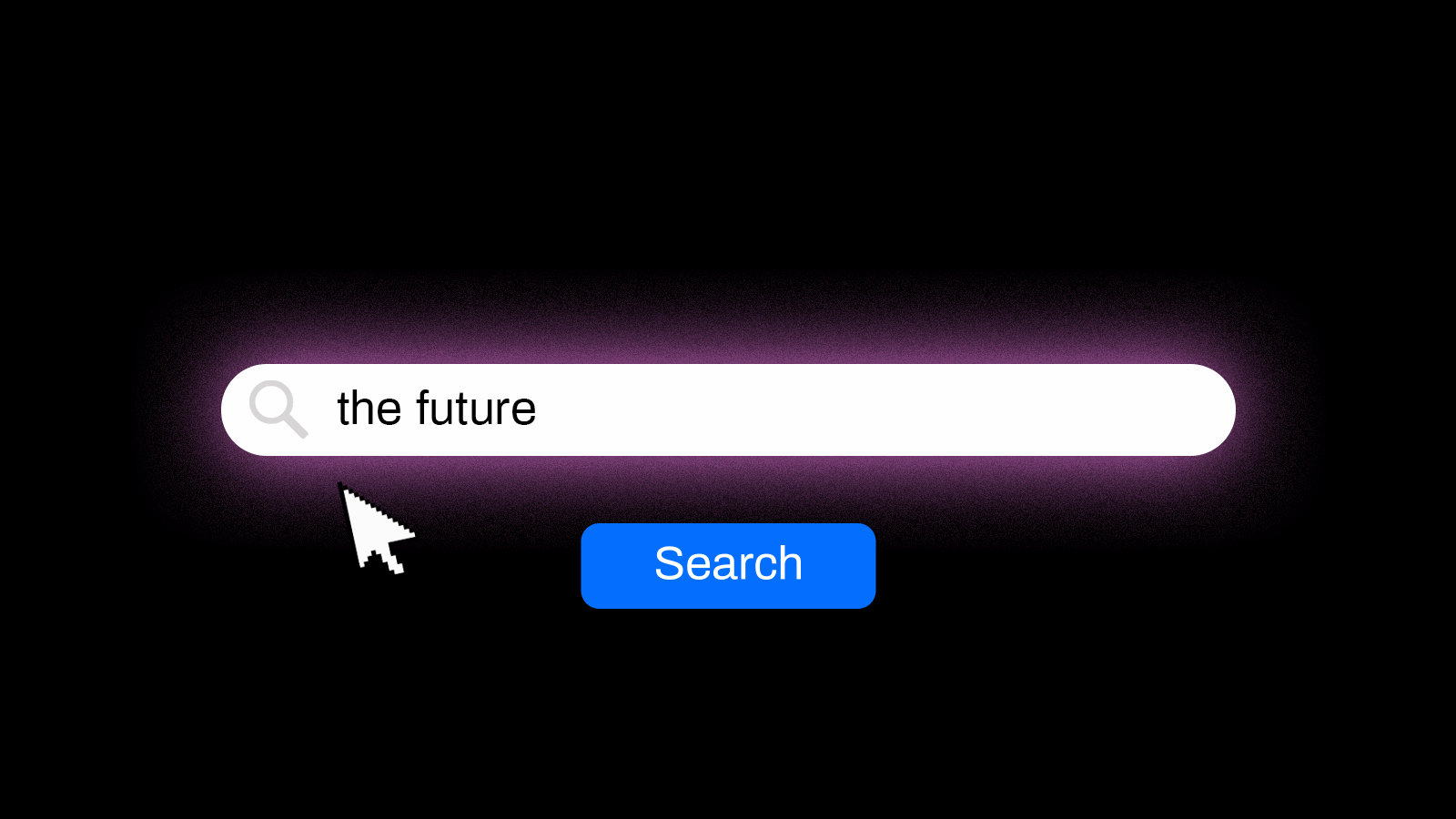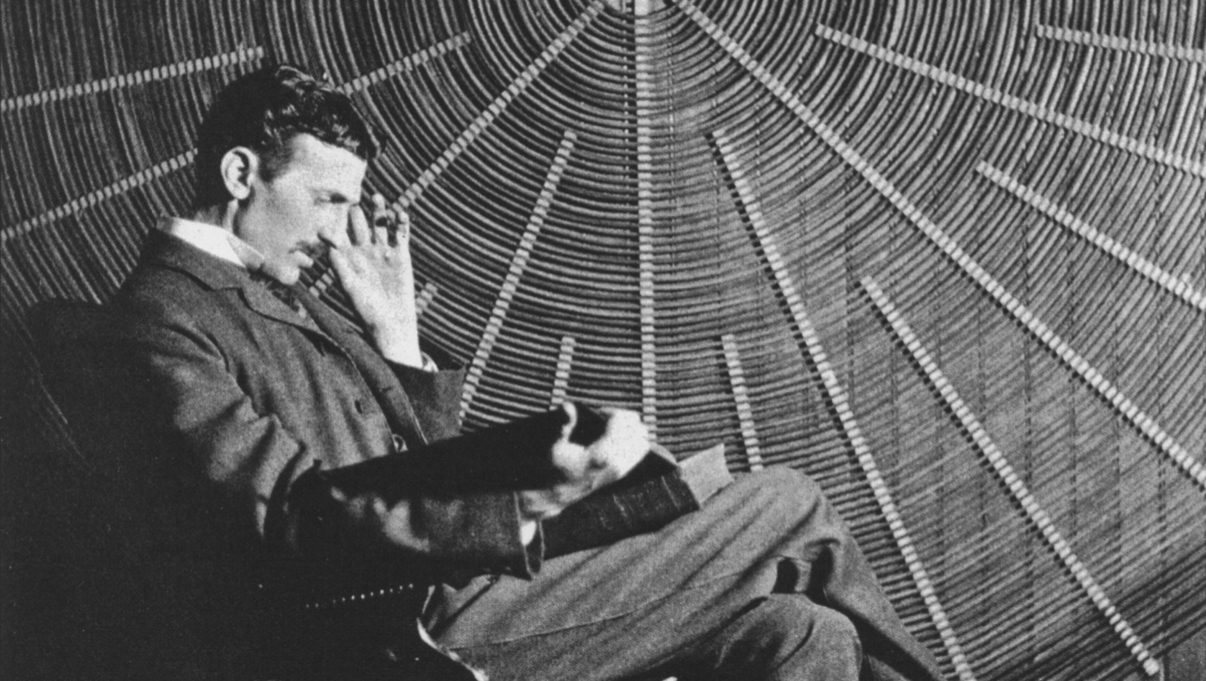Birds of a Feather? The Problem with Niche Search Engines
This week’s On the MediaspotlightsRushmore Drive, the new search engine marketed to African Americans (audio above). As the program describes, the search engine uses a unique algorithm to find those sites that are most heavily trafficked by blacks and to return them at the top of the search results. From host Bob Garfield’s interview with CEO Johnny Taylor:
JOHNNY TAYLOR: The algorithm, it’s one of the few places where the black community becomes the majority for purposes of producing results. In all of the mainstream search engines, the majority’s behavior is what detects how the results are ultimately delivered.
BOB GARFIELD: So you actually kind of rig the game by giving more prominence, based on ratings or whatever, to certain websites because they are identifiably black?
JOHNNY TAYLOR: There’s no rigging of the game. We have created the new game. We have finally found a way to deliver something more relevant to a targeted group of people. What the algorithm attempts to do, based upon behavior of this community, is to elevate those results that mean something specifically to the audience. So, for example, typing in the word “Whitney” at a search engine may yield Whitney Houston and Whitney M. Young, two prominent African-American individuals, and in a mainstream search engine it may only yield results for Whitney College or Whitney Museum. What we do is deliver all four. So it’s not a rigging of anything. It’s a new way to crawl the Web and deliver a more relevant search experience.
Besides marketing and online advertising, BlackPlanet.org co-founder Omar Wasow notes the possible benefits for news consumers:
OMAR WASOW: It may not be that when people are going to do searches for, you know, sort of headline news that Rushmore Drive is going to give a better perspective than Google. But, you know, when you’re looking for – you know, take the stories that are dominating the headlines now – Obama and Jeremiah Wright – there’s a black perspective on that that’s not going to be reflected in the mainstream media.
Yet greater choice and selectivity online are not always good things, as I have noted in many posts here at Framing Science and as my undergraduate classes have debated at this blog. In a second segment (audio above), On the Media focuses on the problem of homophily or the tendency for “birds of a feather to flock together.”
BOB GARFIELD: Rushmore Drive and BlackPlanet hope to capitalize on the collective interests of a particular group on the principle of “birds of a feature flock together,” what social scientists call homophily.
BROOKE GLADSTONE: Behaviorists say it’s human nature, but Ethan Zuckerman, a fellow at Harvard’s Berkman Center for the Internet and Society, observes that homophily is amplified on the Net, and that ought to be cause for concern.
In an age where TV news offers more and more opinion and less and less international coverage, the Internet would seem to be the logical place to find diverse views, surprising voices and news we need. But, he says, we don’t find that because we don’t know where to look, and mostly because we prefer to flock.
ETHAN ZUCKERMAN: I’m a little worried about homophily because I think homophily has the danger of making us stupid. And I mean that quite literally. I think that in a digital media world where we have the ability to pick and choose whatever it is that we want to look at, we’ve gone from a supply problem to a demand problem.
In the age of broadcast media, where we had four television networks and, you know, most cities had one or two major newspapers, you were trusting that media outlet to give you a wide view of the world, to let you know about stories you might not otherwise find, and there was a really big, strong editorial function there.
And one of my questions is how do we build an Internet that doesn’t just show us what we want to see but also does a pretty good job of showing us what we need to see?
To soften the “Daily Me” problem, Zuckerman offers a novel idea for facilitating incidental exposure. Here’s what he recommends:
ETHAN ZUCKERMAN: I think we’re at a break point. A lot of people realize that there’s something broken in the media environment. The problem is we’re not yet in a position to pass the baton onto participatory media on the Internet because we haven’t really thought through these issues yet.
Could we build a news portal where 80 percent of the stuff is pointed to by people like you and 20 percent pointed to by people very much unlike you? It would be interesting if we could get sort of our different echo chambers to agree to have sort of an exchange program.




